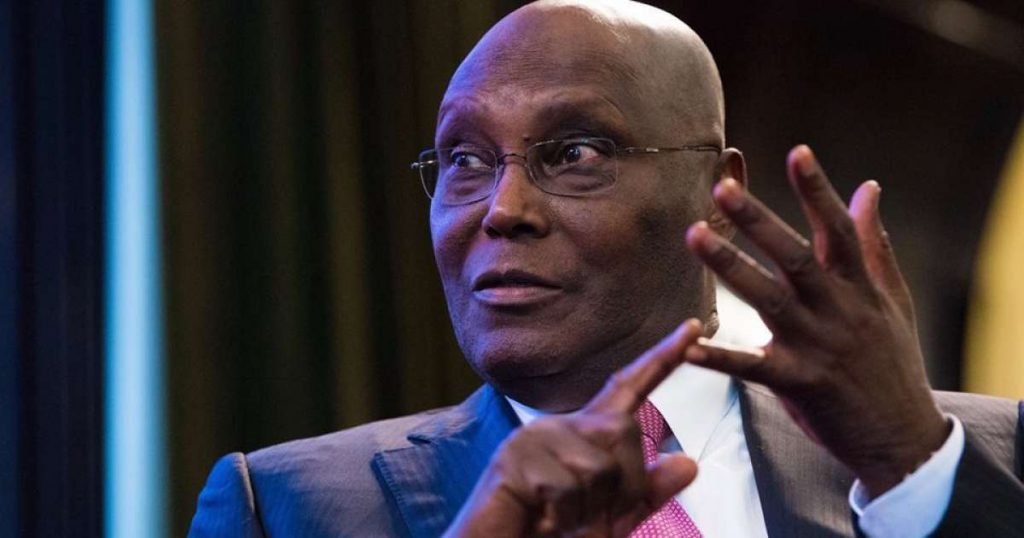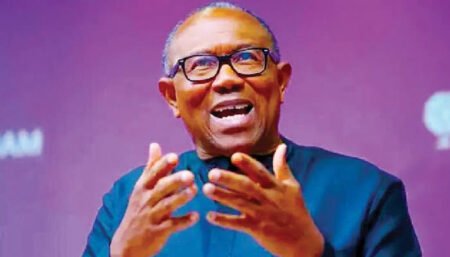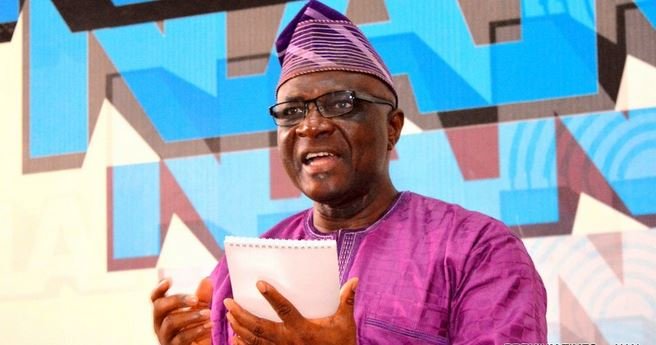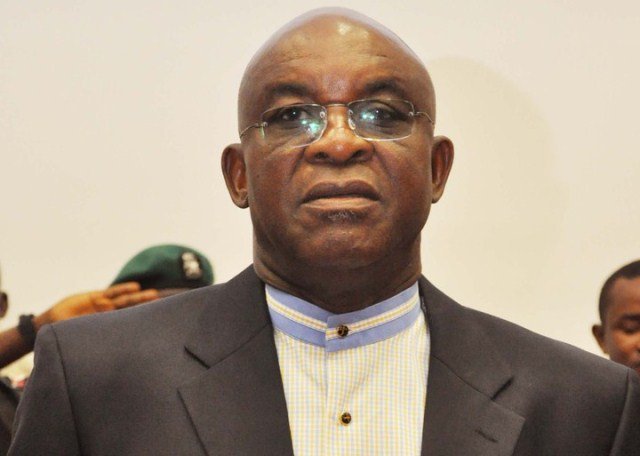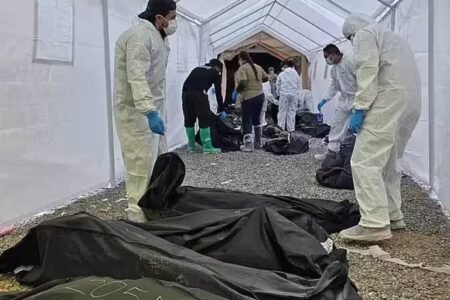Atiku Abubakar, the Peoples Democratic Party (PDP) presidential candidate, has asked the Supreme Court for permission to file what he calls new evidence.
In a motion filed through his legal team, Atiku stated that the evidence he is seeking to present before the Supreme Court would establish his allegation that President Bola Tinubu submitted forged documents to the Independent National Electoral Commission (INEC) in support of his qualification to participate in the February 25 presidential election.
The former Vice President stated that President Tinubu committed forgery and perjury by his actions and hence deserved to be removed from office by the Supreme Court.
Atiku explicitly requested that the court grant him permission to offer Tinubu’s academic records, which he said were handed over to him by Chicago State University (CSU) on October 2, 2023.
The CSU, according to the motion, released the 32-page document on the instructions of Judge Nancy Maldonado of the District Court of Illinois, Eastern Division, Illinois, United States of America.
Atiku based his request for leave to file new evidence against Tinubu on Order 2 of the Supreme Court Rules 1985, Rule 12(1) of the Supreme Court Rules 1985, Section 137(1) of the 1999 Constitution, as amended, and the Supreme Court’s inherent power as reflected in Section 6(6)(a) of the 1999 Constitution.
Despite the fact that the application was dated October 5, Atiku’s legal team finished the filing process on Friday night.
The PDP presidential candidate essentially asked the court for an order granting him leave to “produce and for the court to receive fresh and additional evidence by way of deposition on oath from Chicago State University for use in this appeal, namely: the certified discovery deposition made by Caleb Westberg on behalf of Chicago State University on October 3, 2023, disclaiming the certificate presented by the 2nd respondent, Bola Ahmed Tinubu to the Independent Nation.”
He also asked the Supreme Court to “receive the said deposition in evidence as exhibit in the resolution of this appeal,” and to make whatever orders it deemed appropriate in the circumstances of the case.
The application was based on 20 grounds, one of which was that the deposition sought to be adduced, along with the accompanying papers, “would have an important effect in the resolution of this appeal.”
“The deposition is relevant to this matter, having confirmed that the certificate presented by the 2nd Respondent to the Independent National Electoral Commission (INEC) did not emanate from Chicago State University, and that whoever issued the certificate presented by the 2nd Respondent, did not have the authority of the Chicago State University, and that the 2nd Respondent never applied for any replacement certificate nor was he issued any replacement certificate by the Chicago State University.
“The deposition which is on oath and deposed to in the presence of the 2nd Respondent’s Attorney is credible and believable, and ought to be believed.
“The deposition is clear and unambiguous, and no further evidence is needed to be adduced on it.
“The evidence is such that could not have been obtained with reasonable diligence for use at the trial, as the deposition required the commencement of the suit in the United States of America before receiving same. It was not possible to obtain the said evidence before the trial at the Court below.
“The deposition was made on October 3, 2023, after the conclusion of trial at the Court below, and was not available to be tendered at the trial,” Atiku averred.
According to him, “the presentation of a forged certificate to the Independent National Electoral Commission by a candidate for election to the office of President of the Federal Republic of Nigeria.”
The Supreme Court has yet to set a hearing date for the motion.





